-
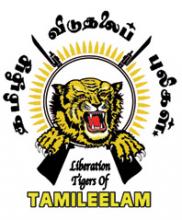
The Liberation Tigers of Tamil Eelam (LTTE), which has been involved in the armed struggle with the Sri Lankan government since 1983, has now lost many of its senior cadres and strategic hideouts to the Sri Lankan military. For the first time, questions have been raised internationally on the future of Eelam movement under the Rajapakse's military doctrine. Despite the Sri Lankan military success, the LTTE could still stunningly make its presence felt by its active sympathisers worldwide and probably resorting to more suicide strikes at the same time.
-
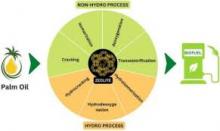
In the emerging dilemma on the prospects and conflicts surrounding the palm-oil, it is pertinent and relevant to ensure a better understanding of its multiple utilities in today’s world.
-
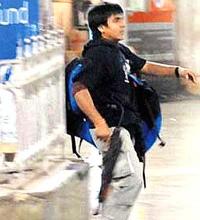
For almost over sixty hours, Mumbai, the financial capital of India, witnessed a series of terrorist attacks, multiple hostage crisis, mindless killings, fierce gun battles and at the end, a disrupted life. The terrorists have struck major targets, including luxury hotels and a Jewish Center frequented by Westerners and elite Indians, only to be holed up later inside these buildings with innocent civilians as hostages. Their demand was the safe release of Mujahideen held in Indian prisons.
-
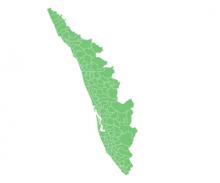
The identification of at least four slain Kerala-based militants in Jammu and Kashmir early this month raises some vital questions about Islam and terrorism in India: What inspired Muslim youths of Kerala to fight for a cause alien to them and that in a distant land? How far these Terror groups have penetrated India's hinterlands, getting easy recruits for their subversive activities?
-

To control increasing crime against women has been the most challenging task for Delhi Police. To tackle this dangerous situation, the Delhi Police started with an innovative approach of training women in self-defence training in 2002. The incidents that almost remained unnoticed and unregistered now have acquired increasing awareness and a proactive attitude to fight and eradicate them from society. The Police, instead of delivering lectures or talks, directly reached the target audience.
-

Conceptually speaking, terrorism is a dynamic concept, and India, being one of the oldest victims of terrorism, has witnessed many facets of it. As India increasingly goes online, the dangers posed by Internet terrorism are beginning to escalate. Cyberterrorism in India has now grown into a highly dynamic phenomenon that is difficult to track. Jaipur, Bangalore and Ahmedabad: almost all the terrorist attacks on Indian soil in the recent past have established an e-connection, a dangerous nexus between the virtual world and the real terrorists.
-
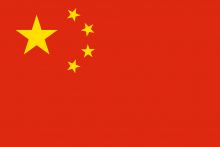
The Chinese government has once again conveyed a clear indication to the world of its ability to administer the local media in its favour during natural and human disasters. Even the government can mould the media reports for its own interest, as happened during and after the Sichuan earthquake. The Chinese media has shown contrasting behaviour with respect to two disasters- the SARS epidemic (2003) and the Sichuan earthquake (2008).
-
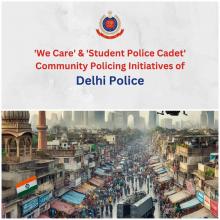
Once again, Indian cities are under terrorist radar and vulnerable to lethal attacks. In a matter of 24 hours, two big cities -Bangalore, in the south and Ahmadabad, in the western part of the country were targeted. This shows the entrenched capability of the terrorists to carry out attacks on urban centres and create mayhem by killing innocent people.
-
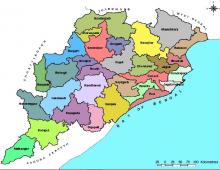
CPI-Maoist State Committee Secretary Sabyasachi Panda visited the Sambalpur division after the Nayagarh attack to strengthen the organization’s capability in northern Orissa. In fact, he visited the area three times before the Nayagarh attack. It is assumed that Sabyasachi might have monitored the movement in northern Orissa all by himself. This information was disclosed in March 2008 during the interrogation of Dhanu Dehuri, who was engaged in the proposal called the “red corridor” from Bargarh to Raipur of Chhatisgarh.
-

There seems to be no end to the spate of spine-chilling incidents of mob violence. The alarming regularity at which such incidents are taking place leaves no doubt in the minds of the people that our country is on the verge of civil unrest. All in the name of democratic dissent, getting quick justice and a perceptible pessimism about bringing the offenders to book, people resort to vandalism, physical thrashing, killing and lynching now and then.
Paxton ported to drupal by DropThemes.in